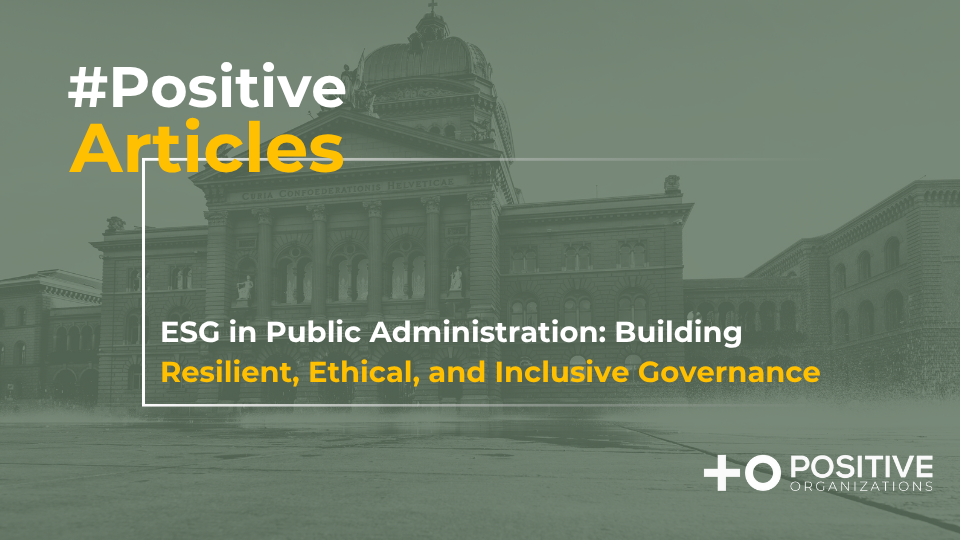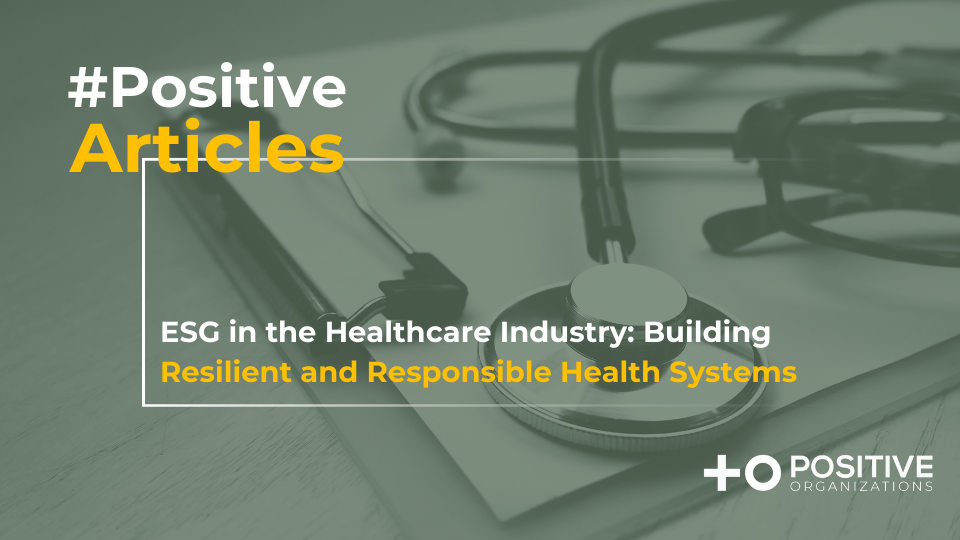News & Publications
.png)
.png)
We live in a world saturated with sustainability messaging. From “eco-conscious” shampoo to “climate-positive” banking, consumers can’t scroll a feed, walk down a store aisle, or click on a website without being told that their next purchase might just save the planet. But instead of sparking action, this avalanche of green claims is having a different effect: it’s exhausting us.
Welcome to the age of sustainability fatigue—and brands, you might be part of the problem.
Sustainability fatigue isn’t just an emotional reaction—it’s a cognitive one. Psychologists have long known that too many choices can paralyze decision-making (Iyengar & Lepper, 2000). Now, apply that to sustainability: shoppers are bombarded with dozens of eco-labels, from “organic” to “carbon neutral” to “cradle to cradle”. Many of them are poorly regulated, inconsistently applied, or downright meaningless.
According to a 2023 study by Seedtrace, over 60% of consumers don’t trust sustainability claims—not because they’re cynical, but because they’re confused. The sheer variety of certifications (over 460 identified globally) makes it almost impossible for the average consumer to know who or what to believe (Seedtrace).
And in this noise, even the real sustainability efforts are getting drowned out.
Researchers Moscardo and Pearce (2019) have shown that consumers are increasingly disengaging from sustainability narratives, especially when they perceive them as inauthentic or overwhelming.They describe a “sustainability paradox”, where too much emphasis on responsibility leads to less engagement. People feel powerless, manipulated, or just plain tired of caring.
This isn’t helped by the rise of “greenhype”—when brands use vague sustainability buzzwords like “eco-friendly” or “natural” without backing them up. A 2024 EU investigation found that 53% of green claims were vague, misleading, or unsubstantiated, which prompted the introduction of the GreenClaims Directive, a legislation aimed at cracking down on greenwashing (EU Commission).
There’s a brutal irony in all this: the more companies jump on the sustainability bandwagon, the less powerful the message becomes. When every brand is “green,” it’s harder to see who’s actually doing the work.
Worse, many companies focus on storytelling over substance—glossy campaigns, recycled aesthetics, and carbon-neutral promises without actual reduction strategies. It’s no wonder that consumers are beginning to tune out, seeing sustainability as just another sales tactic.
So, What Should Brands Do?
If you're in marketing or communications, here’s your wake-up call: sustainability isn’t a trend. It’s not a vibe. It’s a responsibility. And how you communicate it matters more than ever.
Here’s how to break through the fatigue:
- Be Specific: Don’t say “eco-friendly.” Say “packaged in 100% post-consumer recycled PET.”
- Be Transparent: Share both progress and problems. Honesty builds credibility.
- Be Human: Talk like a real person. Avoid jargon and empty buzzwords.
- Educate, Don’t Overload: Use fewer, clearer claims. Help people make informed choices, not guilt-driven ones.
Sustainability fatigue isn’t a consumer problem—it’s a communication one. If we want people to stay engaged in the future of the planet, we need to stop overwhelming them with empty claims and start inviting them into real, clear, honest conversations.
Positive Organizations can help bridge the gap between sustainability efforts and authentic communication. By aligning purpose with practice, we support companies in crafting messages that are transparent, engaging, and rooted in real impact—not just compliance. Through strategic guidance, we transform ESG narratives into meaningful stories that build trust, inspire action, and combat sustainability fatigue.
Sustainability should inspire, not exhaust.
Start Your
Journey Today









.png)





